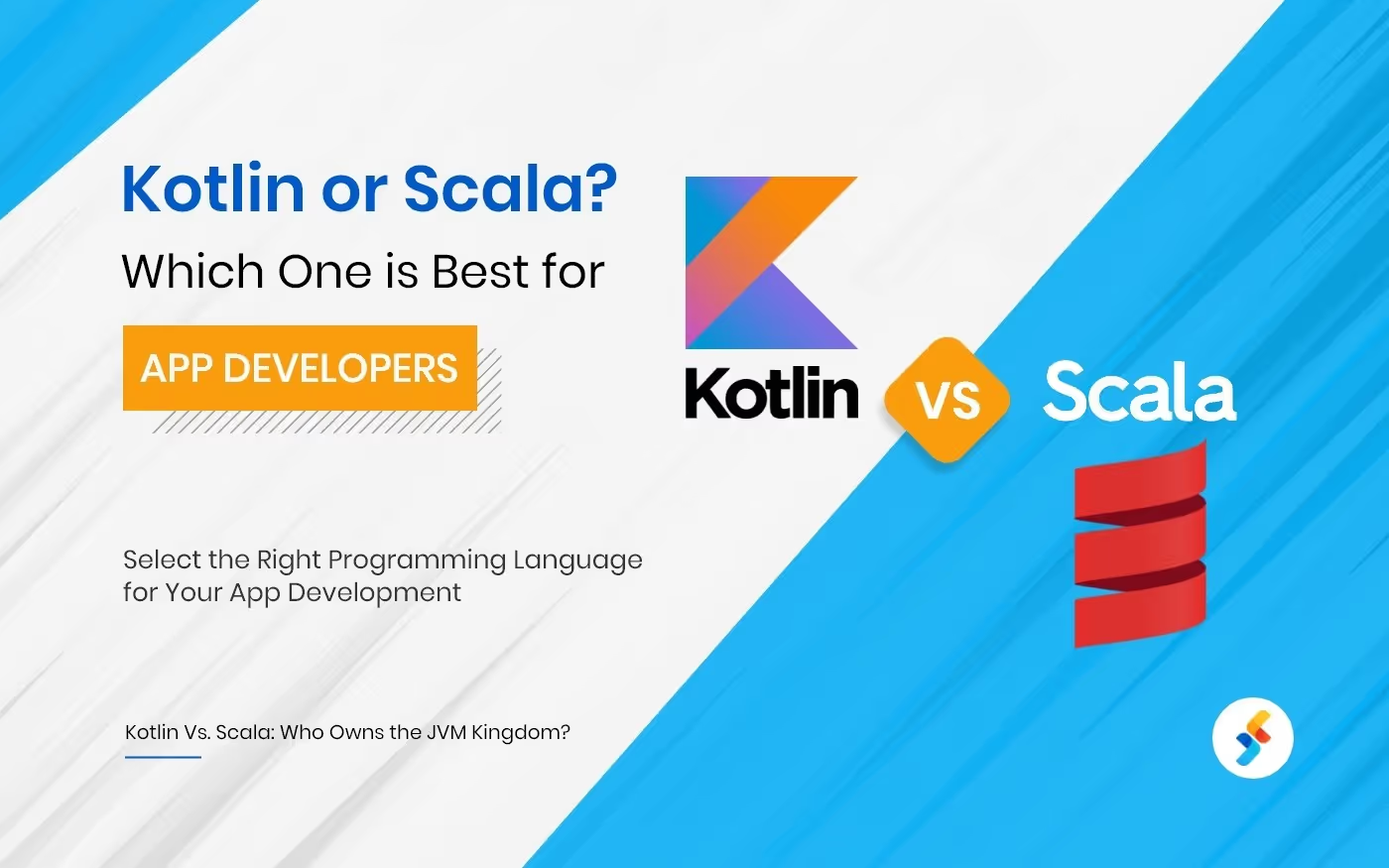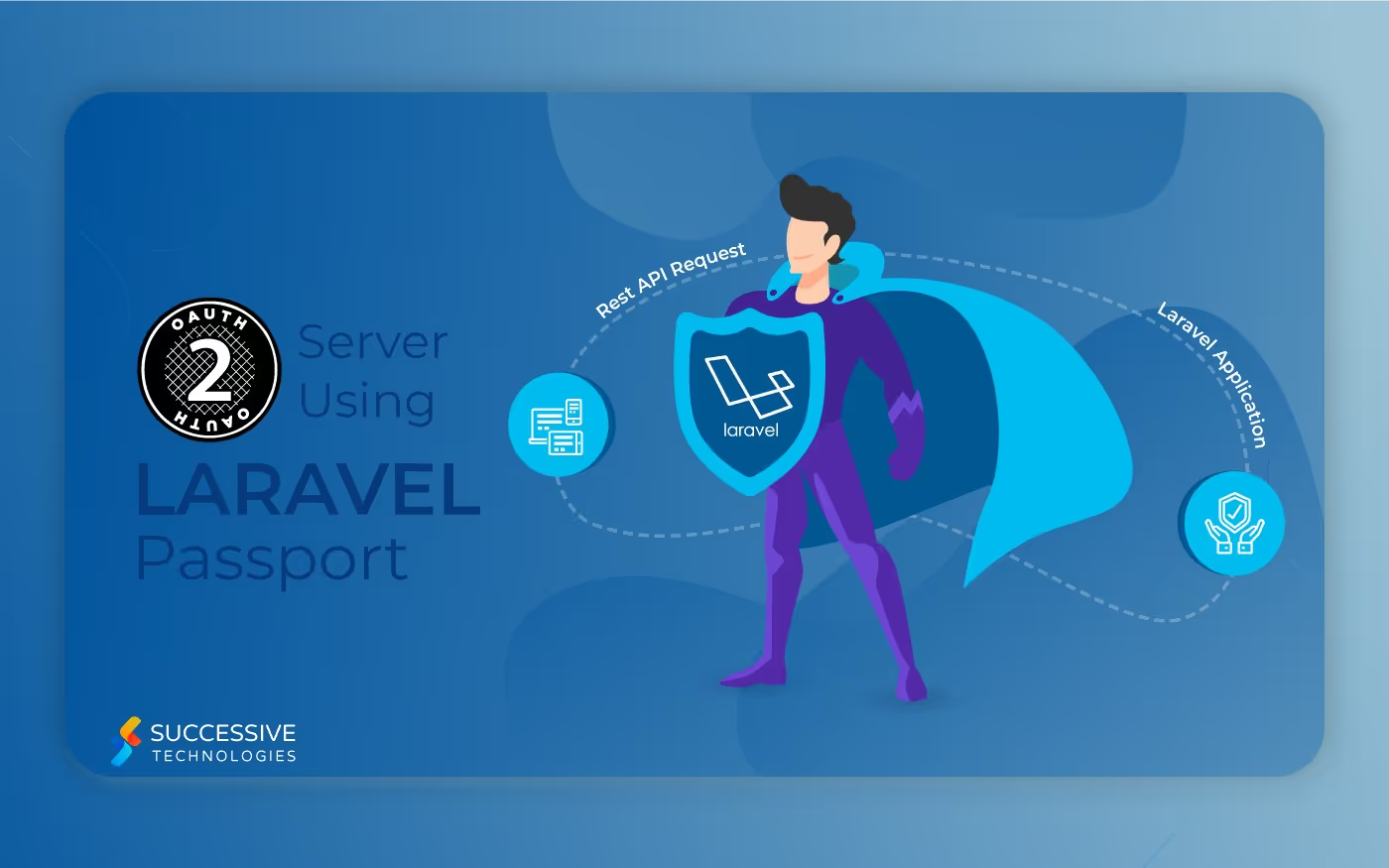For expanding eCommerce companies, the right solution can determine the difference between serving your customers well and growing your business effectively. With digital commerce accelerating, numerous retailers are burdened by aged or siloed systems, handicapped by site performance, slow maintenance, and inability to bring new offerings to market in a timely manner.
It is here that Shopify migration has a definite advantage. Its cloud-based infrastructure, extensive app library, and built-in commerce capabilities make it the go-to choice for businesses that must stay competitive. Shopify store migration offers merchants a glimpse into an instantaneously faster, more secure, and richer-featured place where daily business is simplified, site performance is maximized, and responsiveness is sufficient to keep up with expansion as customer needs evolve.
In this article, we’ll explore why making the shift & building a Shopify eCommerce store is worth considering and how it can help your brand build a stronger foundation for long‑term success.
Why You Should Consider Shopify Migration?
Shopify does not just offer an eCommerce platform. It offers a full ecosystem aimed at streamlining every element of internet purchasing. From built-in site management and open payments to advanced analytics and an extensive app store, it offers organizations the tools and freedom to operate with precision and expand with assurance.
Now, if you’re considering Shopify migration from you existing platform, a professional Shopify development company can help. They will have the right set of expertise & hands-on experience to facilitate a seamless transition.
Key Benefits of Shopify Store Migration
Shopify migration is more than simply making the change from an antiquated platform to a fresh new one. It’s about removing the inflexible, legacy commerce processes and taking your business to the next level. Shopify is designed from the ground up to meet the changing needs of contemporary eCommerce brands.
In the following section, we will discuss the most important advantages of Shopify store migration in an effort to allow you to discover how this platform can streamline your operations, eliminate complexity, and provide an improved customer experience.
- Streamlined Operations in a Centralized System
Shopify brings together essentials eCommerce features in one easy-to-administer dashboard. Be it product listings, inventory, order fulfillment, or customer data, everything aligns and synchronized in-house & managed through a central repository. This takes a huge weight off the shoulders of internal teams and does away with the necessity to manage multiple tools or third-party solutions manually.
- Time to Market
Shopify enables businesses to roll out updates, new collections, promotions, or even the entire storefront faster than is possible with legacy systems. Its simplified admin panel, editable themes, and pre-configured apps simplify the storefront management for technical teams without calling the developers every time. Such agility results in direct benefits like faster implementation of campaigns and faster revenue impact. Shopify support alone cannot drive your store to the market in a record time. You will also require Shopify migration services from a professional firm to avoid zero loss on SERP rank, downtime, and data.
To discover more about Shopify migration services, read our exclusive blog on the reasons why you should hire a Shopify development company.
- Integrated Security and Compliance
Shopify is PCI DSS compliant straight out of the box, and therefore transactions are secure. The platform automatically handles updates, patches, and backups, eliminating the bother of constant technical maintenance and giving your team reassurance regarding data security.
- High-Performance and Speed
Site speed directly impacts conversion rates and SEO performance. Site speed is optimized with a speed-optimized infrastructure, mobile friendliness, and uptime, which leads to faster page loads, fewer cart abandonments, and better customer experience on your Shopify eCommerce platform. That equates to actual sales and engagement boosts.
- Scalable Infrastructure Built for Growth
Regardless of whether you’re selling 100,000 orders per month or 1,000, Shopify’s got your back. Because the store is cloud-hosted, it delivers high availability, automatic scaling, and secure hosting so you never need to worry about spikes in traffic due to promotions, holidays, or new product launches. For enterprise-grade scalability & security Shopify Plus is the right plan as it is designed with more features and priority support.
Also, if you’re wondering which plan is best for your Shopify eCommerce store, then this guide will clear all your doubts. Check out our Shopify vs Shopify Plus blog for more information.
- Varied App Ecosystem and Customization Features
Shopify’s app store has thousands of plug-and-play apps that can be added to extend functionality to your store, from subscription services and rewards and loyalty, B2B and shipping automation. In addition, for bespoke needs, Shopify also offers API-based customization, especially for brands that use Shopify Plus.
- Omnichannel Commerce Enablement
Shopify enables selling on numerous channels, such as your store, eBay and Amazon marketplaces, social media, and even in store via POS integration. Having one strategy, there is consistency in inventory, price, and customer experience regardless of how many touchpoints a customer has when they make the final transaction.
Want to discover more about Shopify migration? Then check out this comprehensive Shopify migration guide.
Conclusion
Shopify store migration isn’t merely a platform switch. It’s an investment in your eCommerce business’s future. With a strong, flexible, and secure foundation, you set up your brand to shift quickly, run smoothly, and deliver a seamless experience to your buyers as you grow.
If you’re prepared to make the leap, then today is the time to look at your current setup and make a change that will prove well worth it in the long term. Call our eCommerce specialists at Successive Digital and see how our bespoke Shopify migration can help you build a more sustainable, growth-driven online store.
Ready to make a BIG move in your eCommerce business transformation journey? Get in touch and let’s make your next commerce chapter a success.
.avif)










.jpg)









